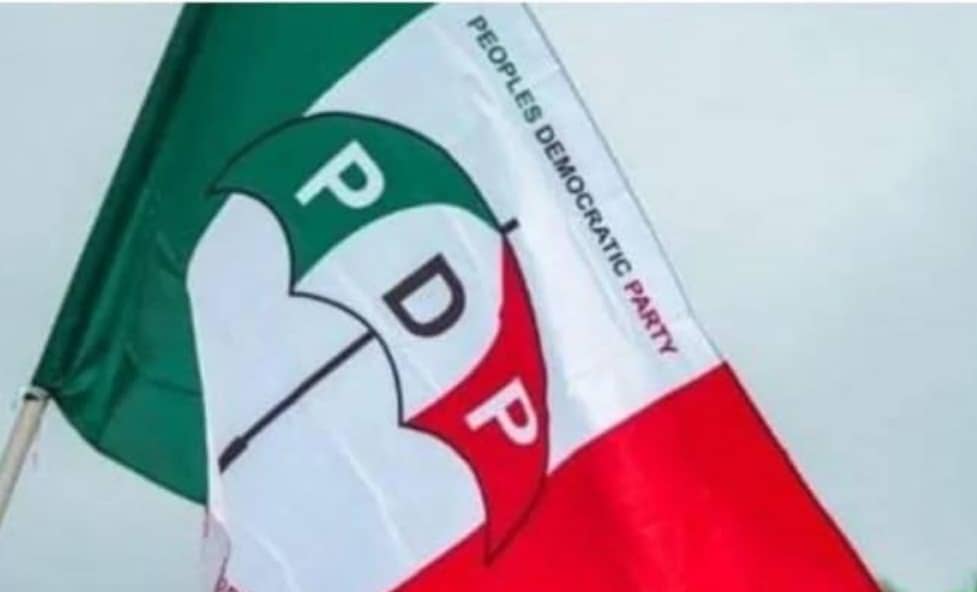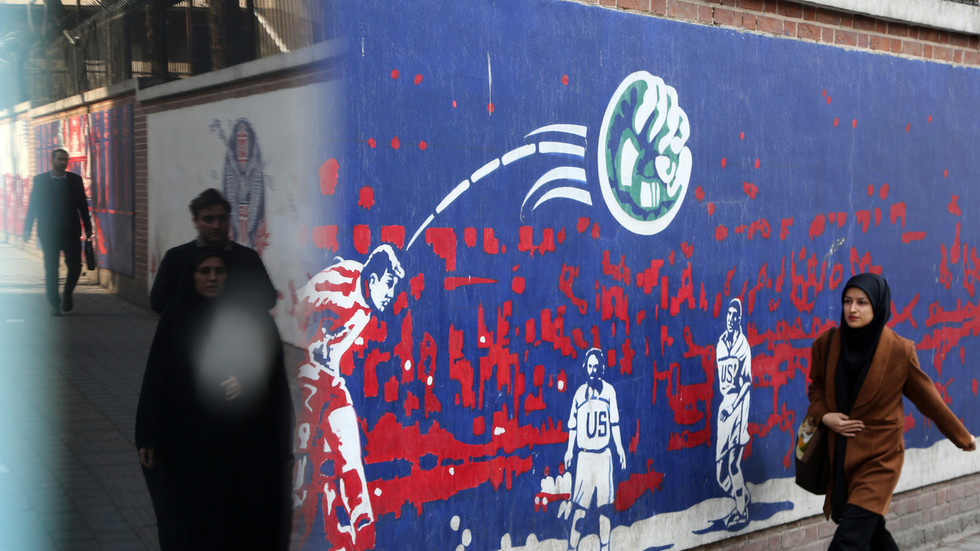Aliko Dangote, President of Dangote Industries Limited, has announced plans to expand the Dangote Petroleum Refinery from 650,000 barrels per day (bpd) to 1.4 million bpd. This expansion is driven by emerging opportunities across Africa, growing regional demand for cleaner fuels, and Nigeria’s evolving policy environment that encourages local refining. The project is expected to be executed over the next three years and will be financed through a mix of cash flow, public listing, and strategic investors.
The refinery will transition from producing Euro V to Euro VI fuel standards, meeting the highest global environmental benchmarks. Dangote also revealed that the refinery will expand its power generation capacity to 1,000 megawatts, ensuring complete operational self-sufficiency. More than 85% of the workforce will be Nigerians, with continuous investment in skills development and technology transfer.
The $20 billion facility, already the largest single-train refinery in the world, will more than double its capacity within the next three years, making it a global leader in petroleum refining and a major driver of Africa’s industrial renaissance. Dangote estimated that the refinery’s revenue could exceed $55 billion annually, making it one of the most valuable industrial assets on the African continent.
The expansion will create additional jobs, support thousands of SMEs, and deepen the industrial base. Dangote expressed gratitude to President Bola Ahmed Tinubu and the Federal Government for supporting industrialization policies, which have emboldened investors to take on transformative projects. He also commended the government’s intervention in mediating recent disruptions at the refinery linked to union activity and sabotage attempts.
Dangote assured the public that there would be no fuel scarcity or price hike during the festive season, despite recent global price increases. The Dangote Refinery is fully committed to maintaining uninterrupted supply of petrol throughout the festive period. The company’s host community in Lekki and its financial and technical partners have also been praised for their continued support.
The expansion is expected to further strengthen Nigeria’s energy security, reduce foreign exchange outflows, and save the country billions of dollars annually that would otherwise go into importing refined products. Dangote called on other investors holding refinery licenses to emulate the example, urging collaboration in achieving President Tinubu’s vision of making Nigeria the refining hub of Africa. With this project, Dangote is confident that Nigeria will emerge as one of the major suppliers of petroleum products in the world.



